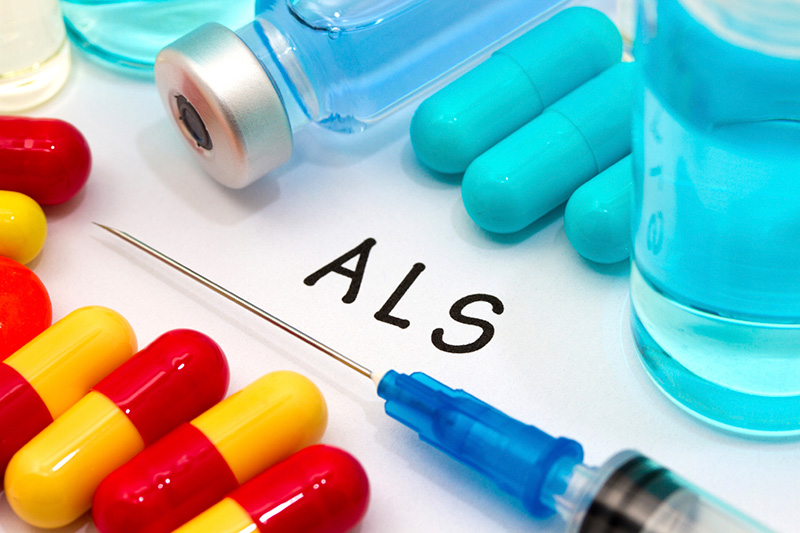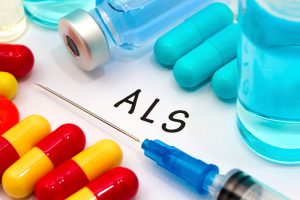

Each stage of Lou Gehrig’s disease brings about unique challenges.
Getting a diagnosis of ALS (also known as Lou Gehrig’s disease) can bring about a number of questions and apprehensions, both for the person diagnosed and their loved ones. What’s the cause for ALS? What can I expect in each stage of Lou Gehrig’s disease? Where can I find support?
Nearly 30,000 people in the U.S. are currently diagnosed with Lou Gehrig’s disease, and almost 5,600 new patients are diagnosed with the illness every year. And though the exact cause is unclear, some research points to complex risk factors, including a twofold risk of ALS in people who served during the Gulf War.
Although each person can be impacted by ALS in different ways from others, the progression of the condition seems to follow particular phases. Learning about these stages can help people diagnosed with ALS and those who care for them put into action the most appropriate plan of care.
Endeavor In Home Care, the leading provider of home care services in Carefree, Chandler, Phoenix, and the surrounding area, shares details below:
First Stages
- For some people, the preliminary impacted muscles are those used for swallowing, breathing, or speaking
- ALS symptoms may be detected in just one area of the body
- More mild symptoms may affect significantly more than this one region
Possible Symptoms
-
- Fatigue
- Weakened grip
- Stumbling when walking
- Poor balance
- Slurred speech
Middle Stages
- Some specific muscles may be paralyzed, while others are weaker or totally unaffected
- Twitching may be noticeable
- Signs of ALS are now more extensive
Possible Symptoms
-
- Possible uncontrolled and inappropriate crying or laughing, known as the pseudobulbar affect (PBA)
- Difficulties standing without help
- Problems with breathing, particularly when lying down
- Challenges with eating and swallowing, which can lead to choking
Late Stages
- The person can no longer drink or eat by mouth
- Talking may no longer be possible
- The individual with ALS needs complete assistance to care for their needs
Possible Symptoms
-
- Paralysis in the majority of voluntary muscles
- Breathing is significantly affected, causing fatigue, unclear thinking, headaches and susceptibility to pneumonia
- Mobility is substantially impacted
Obtaining care from a skilled caregiver, like those at Endeavor In Home Care, can increase the quality of life for someone affected by ALS symptoms. Our caregivers work with families to develop an individualized plan of care, allowing those with ALS to maintain dignity and the greatest level of independence at all times.
Reach out to us any time at 480-498-2324 to learn more about how our services can help someone you love.


